
Available Training
-
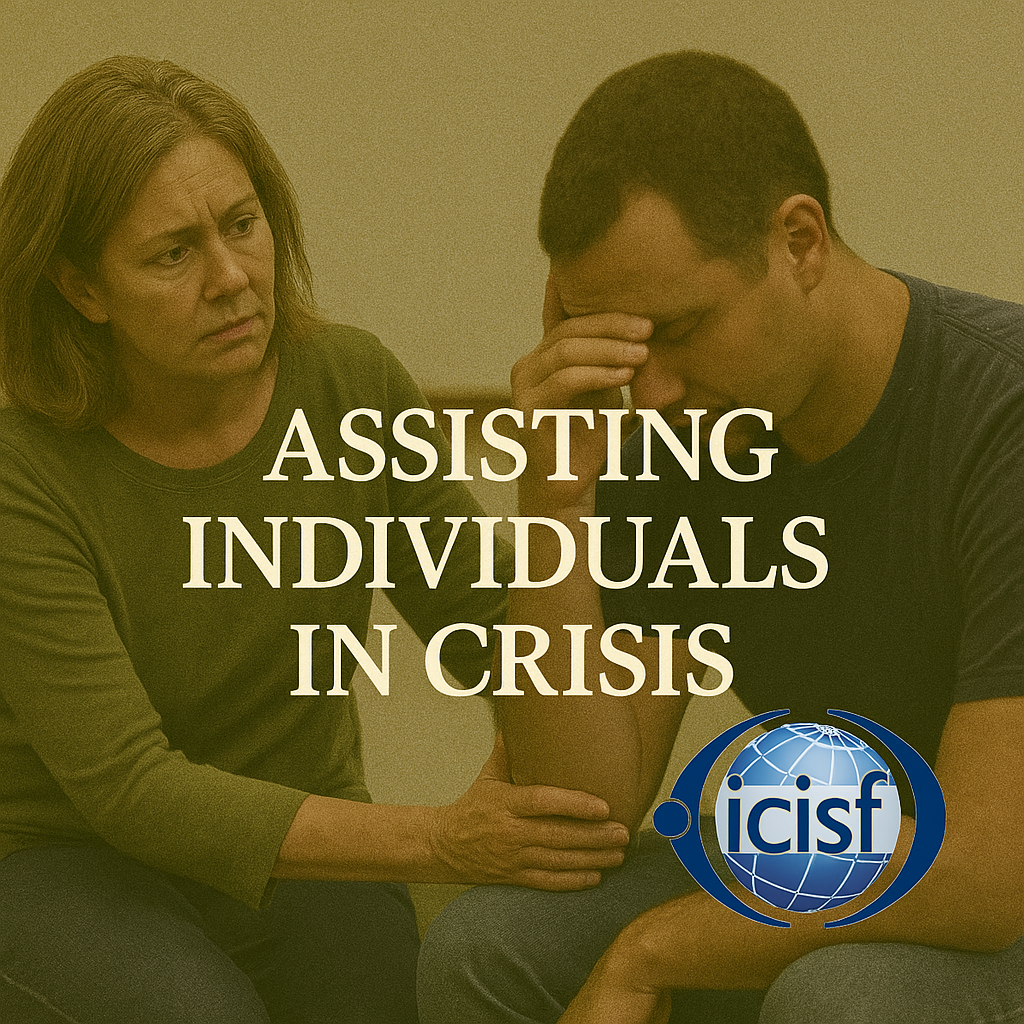
Assisting Individuals In Crisis
Crisis Intervention is a specialized acute emergency mental health intervention that requires specialized training. As physical first aid is to surgery, crisis intervention is to long-term mental health care. Thus, crisis intervention is sometimes called “emotional first aid”. This program is designed to teach participants the fundamentals of, and a specific protocol for, individual crisis intervention.
This course offers core knowledge for anyone involved in Peer Support and crisis intervention. This includes people in the fields of Emergency Services, Public Safety, Law Enforcement, Military, Disaster Response, Education, Employee Assistance, Healthcare, Homeland Security, Mental Health, Spiritual Care, and Business & Industry.
Required Length: Two-Day Course; 13 Contact Hours:
1.3 General CEUs from University of Maryland, Baltimore County (UMBC) Dept. of Emergency Health Services Professional and Continuing Education (PACE).
-

Group Crisis Intervention
Designed to present the core elements of a comprehensive, systematic and multi-component crisis intervention curriculum, the Group Crisis Intervention course will prepare participants to understand a wide range of crisis intervention services. Fundamentals of Critical Incident Stress Management (CISM) will be outlined and participants will leave with the knowledge and tools to provide several group crisis interventions, specifically demobilizations, defusings and the Critical Incident Stress Debriefing (CISD). The need for appropriate follow-up services and referrals when necessary will also be discussed.
This course is designed for anyone in the fields of Business & Industry Crisis Intervention, Disaster Response, Education, Emergency Services, Employee Assistance, Healthcare, Homeland Security, Mental Health, Military, Spiritual Care, and Traumatic Stress.
Required Length: Two-Day Course; 14 Contact Hours
1.4 General CEUs from University of Maryland, Baltimore County (UMBC) Dept. of Emergency Health Services Professional and Continuing Education (PACE).
Note: Assisting Individuals in Crisis and Group Crisis Intervention can be combined and taught in 3 days/
-
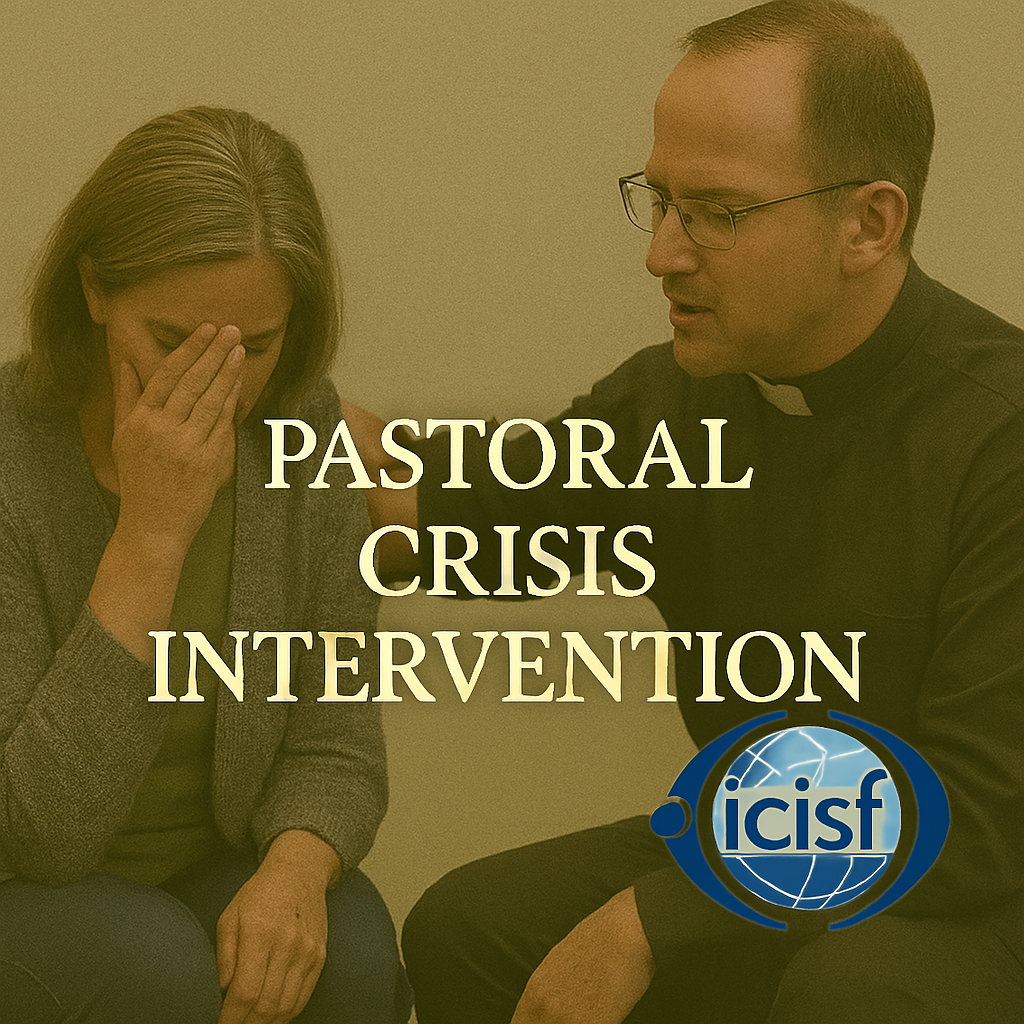
Pastoral Crisis Intervention
The purpose of this course is to improve the ability of the participants to practice “Pastoral Crisis Intervention” (PCI). PCI may be thought of as the practice of psychological crisis intervention within a spiritual/religious context. The purpose is NOT to teach theology. This is an “entry-level” class. It is assumed that attendees have NOT had SAFER-R PFA training previously!
Required Length: Two-Day Course; 13 Contact Hours
1.3 General CEUs from University of Maryland, Baltimore County (UMBC) Dept. of Emergency Health Services Professional and Continuing Education (PACE).
-

Stress Management in Emergency Services
Every call comes with pressure. Over time, that pressure adds up. Staying Strong is a boots-on-the-ground training designed specifically for first responders at all stages of their careers. This engaging course takes you inside the brain and body’s stress response, breaks down how trauma and culture shape behavior in high-risk jobs, and delivers practical tools to build psychological resilience. From critical incident management to everyday wellness strategies, you'll leave with skills that support your long-term career health and personal well-being.
This course isn’t theory—it’s real talk for real responders, taught by someone who’s been there. Whether you're new to the job or have decades of service behind you, this training will sharpen your self-awareness, enhance your team support, and help you stay grounded in a profession that demands the best from you on your worst days.
Recommended Length: Full Day (6-8 hours)
-

Stress Management for Responder Families
Behind every first responder is a family navigating the emotional ripple effects of a high-stress profession. This training is designed specifically for spouses, partners, parents, and loved ones of fire, EMS, and police personnel. It offers a clear and compassionate look at how the demands of the job impact mental health, communication, and relationships at home. Participants will learn what the stress response looks like outside the uniform—and how to respond with understanding and practical support.
Through open discussion and relatable examples, families will gain tools to recognize signs of burnout, create healthy boundaries, and build emotional resilience alongside their responder. This course isn’t about fixing the job—it’s about strengthening the home front so responders can face the pressures of the field knowing they’re not alone. Whether you're new to the world of emergency services or have been living it for years, this session offers insight, encouragement, and a deeper connection to the one who serves.
Recommended Length: 2-3 Hours
-
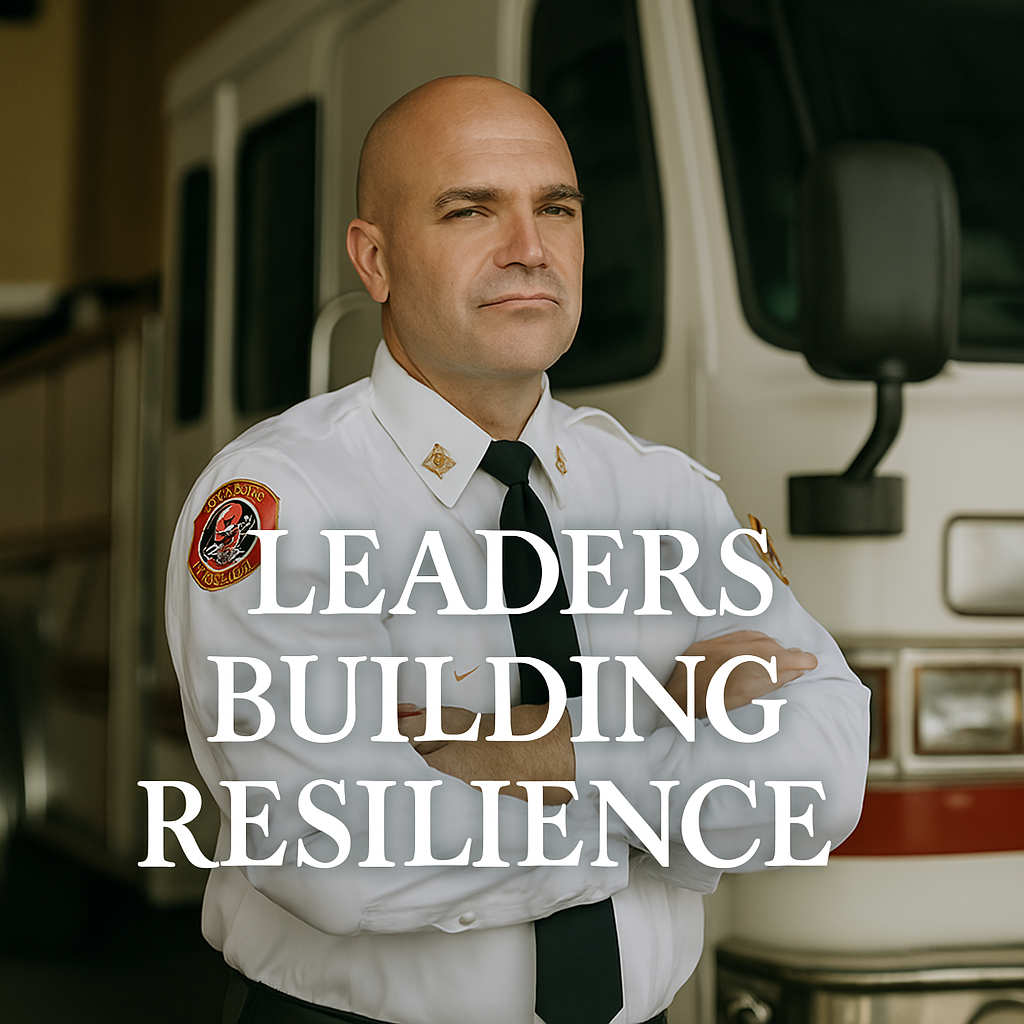
Leaders Building Reslilience
Stress Management for Emergency Services Command Staff is a comprehensive, real-world training designed to equip leaders with the tools they need to recognize, manage, and mitigate stress within their teams. With firsthand insight into the demands of fire, EMS, and police service, this course explores the neurobiology of stress, the unique cultural pressures of emergency services, and the psychological toll of critical incidents. Participants will gain a deep understanding of how stress responses manifest in the field—and more importantly, how to respond with resilience, clarity, and strategic support.
Through a combination of instruction, breakout activities, and practical guidance, command staff will walk away with actionable strategies for fostering mental wellness, supporting peer and team resilience, and building effective internal support systems. The training also includes an optional family-focused session to help loved ones support responders. Whether you're a field leader, administrator, or HR professional, this course is an essential investment in the long-term health and stability of your department.
Recommended Length: 3 hours up to full day class.
If done in conjunction with “Stress Management In Emergency Services” may be shortend to 2 hours.
-
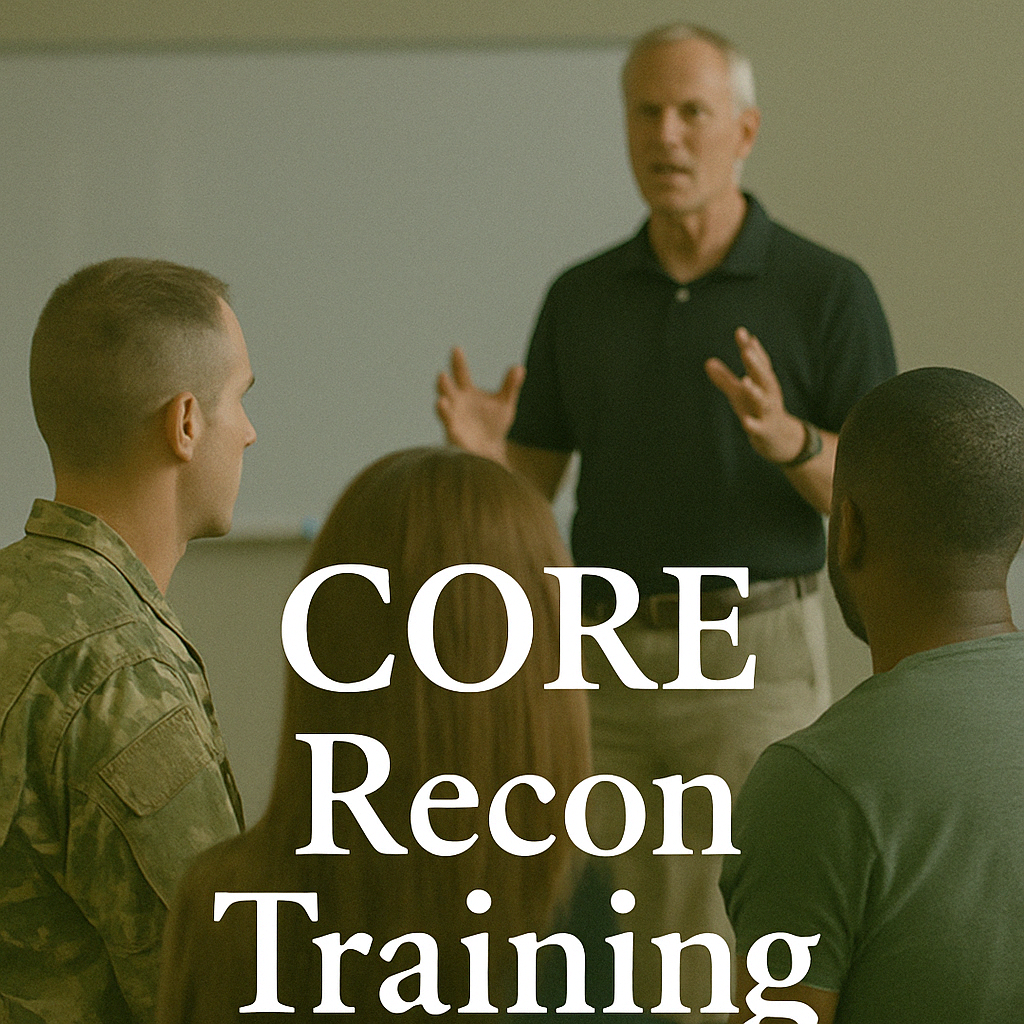
CORE Recon Training
CORE Recon has been training teams for the last 15 years on how to understand each other to better connect and see results faster. CORE Recon Training prioritizes the development of leaders who possess the skills and insights needed to forge meaningful connections with those they lead. Our training program goes beyond conventional leadership strategies by integrating the principles of personality assessment and understanding. Through immersive workshops, interactive exercises, and personalized coaching, we equip leaders with the tools to recognize and adapt to the diverse personalities within their teams.
-
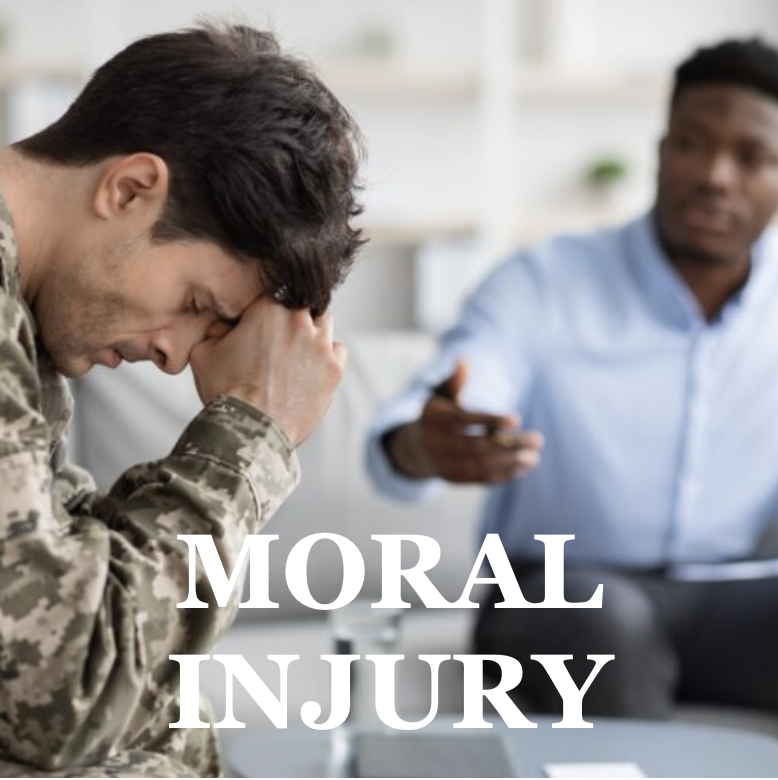
Understanding Moral Injury
Moral Injury: A Framework for Understanding and Organizational Integration
This training offers a clear, practical framework for understanding moral injury—a wound to the soul that arises when deeply held moral or ethical beliefs are violated. Drawing from the philosophy articulated in Triumph Over Trauma, this course equips leaders, chaplains, clinicians, and peer teams with the language and tools to recognize moral injury not just as a psychological issue, but as a fundamentally human struggle that requires community, compassion, and clarity. Participants will explore how moral injury manifests in high-stakes professions—such as military, public safety, and healthcare—and gain actionable strategies to integrate this understanding into peer support programs, policy development, and leadership culture. This training bridges the gap between theory and implementation, helping organizations foster environments where recovery, accountability, and moral repair are possible.
Recommended Length: 2-3 hours
-

Customized Training
With years of real-world experience in emergency services, chaplaincy, military combat and leadership development, our team delivers trainings that are both practical and mission-ready. We’ve worked with everyone from frontline first responders to high-ranking officers and military personnel returning from combat deployments. Whether your team is navigating the cumulative stress of daily emergency calls, the intensity of operational deployments, or the pressure of leadership under fire, we customize our training to meet your unique challenges. Our background allows us to speak with credibility to the physical, emotional, and cultural realities of high-risk professions—on the street, in the field, and in command.
From fire departments and EMS crews to military units and corporate leadership teams, we offer flexible, relevant programs that match your goals, culture, and pace. Whether you need training for rookies, seasoned officers, families, or executive-level leaders, we build content that connects, engages, and equips. Let’s talk about what your people need most—contact us today to explore how we can support your team’s strength, resilience, and long-term success.
